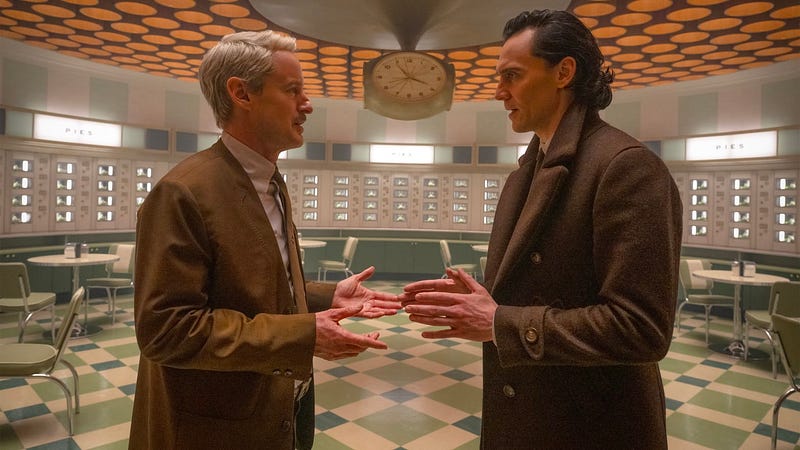# Exploring the Enigma of Consciousness and Visual Experience
Written on
Chapter 1: The Nature of Visual Consciousness
Visual consciousness offers an astonishing insight into the signals from my retina, and this is happening right now! We perceive the entirety of the visual field. Interestingly, about half of the individuals I converse with find this scientifically unsurprising. "Of course we see it!" they respond. Conversely, others, upon reflection, concede that they don't expect an AI to truly interpret the camera’s perspective.
The question arises: Why do I genuinely perceive it? If they were to pursue the line of thought I'm contemplating, they might conclude: Indeed, you make a valid point—experiential visual consciousness isn't a straightforward result of simply connecting a retina to a brain. What accounts for our actual perception?
An AI merely processes input numerically, utilizing a neural network to identify objects, with presumably a separate network responding to them. It lacks awareness, experiences nothing, and certainly does not perceive the complete visual field. Frustrating, isn't it? What’s really happening? My brain operates in a similar fashion, yet I fully experience the visual field.

Chapter 2: The Mystery of Consciousness
Over the past year, I’ve penned numerous articles discussing this topic (here’s one example), asserting that consciousness—whether visual or otherwise—is one of the most remarkable, profound, and enigmatic phenomena in existence. It surely necessitates a physical explanation, yet I doubt it will ever be fully understood by science.
For now, I want to reflect on the varied reactions I encounter. Why do some individuals find it perplexing that we can actually perceive the visual field? That we can see colors? We genuinely feel pain, and we are aware of our thoughts, able to exercise conscious control over them to some degree.
Perhaps this bewilderment stems from their familiarity with consciousness, equating it merely with being alive or awake. Or maybe they subscribe to the peculiar scientific notion that consciousness is “just an illusion.”
Section 2.1: Is Consciousness Really Just an Illusion?
What does this assertion imply? Essentially, it suggests that, for reasons that are never adequately explained, the representation, ordering, and processing of information within our neural networks somehow leads to experiences in our brains. The minor processing occurring in our retinas, involving millions of neurons, presumably does not contribute to this awareness, nor do the neurons in our muscles.
Instead, the neural network in our brain creates the illusion of being alive, of possessing a soul. It somehow experiences the imagery sent from our retina. I find this notion absurd.
Subsection 2.1.1: The Simulation Hypothesis
As a physicist, I propose that consciousness might hint at a reality beyond our immediate understanding. Perhaps the universe itself is a simulation, or perhaps it is a manifestation of a higher power. I also find this idea strange; however, it seems less bizarre than the illusion theory, which suggests that no actual mechanism is required—it simply occurs.
Some physicists argue that the quantum physics underlying our reality resembles simulation code. We have already accepted the possibility of multi-verses, with some even endorsing the Many Worlds interpretation of quantum mechanics. My contention is that consciousness is so peculiar that it warrants the consideration that we are not in the "base-level reality," as Elon Musk puts it. There might be a game designer or a deity orchestrating it all, existing in a reality governed by different scientific principles where consciousness could be comprehensible. I hope it’s not a teenager or Owen Wilson. Guess who, padre . . .